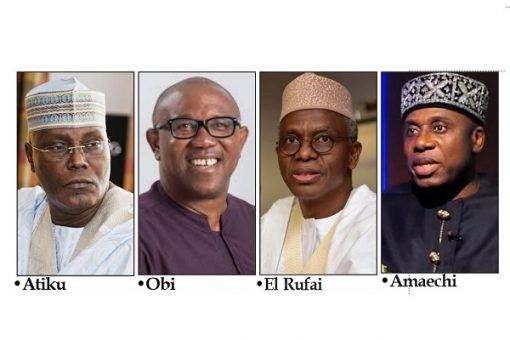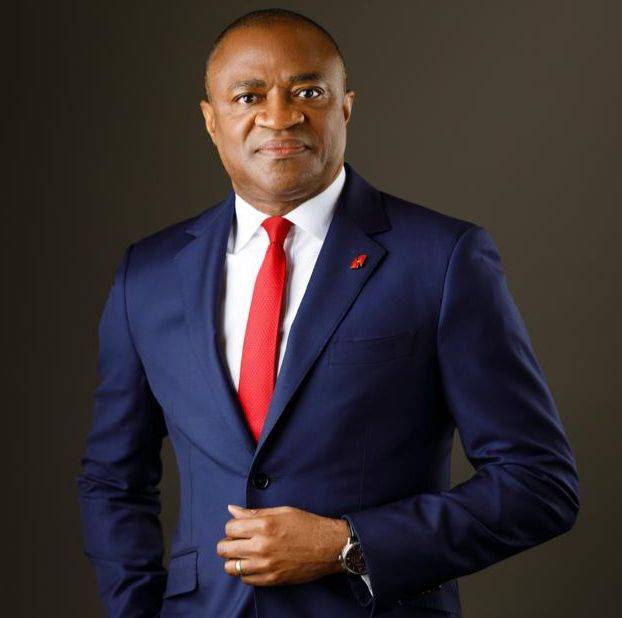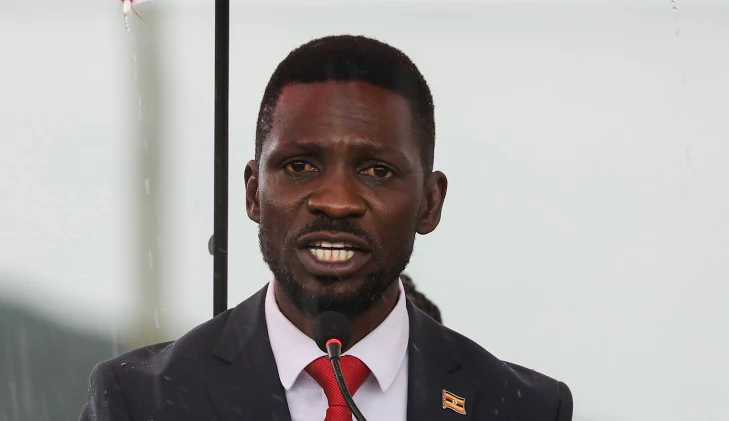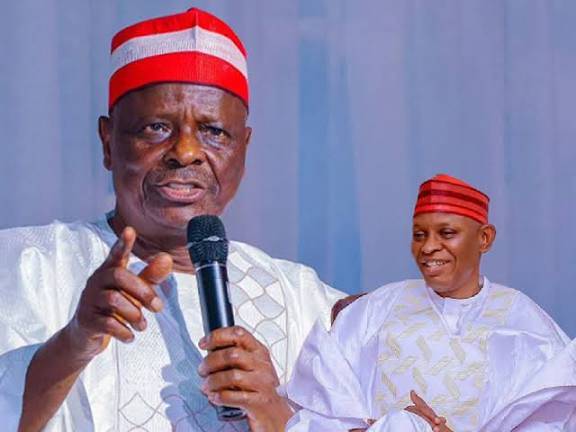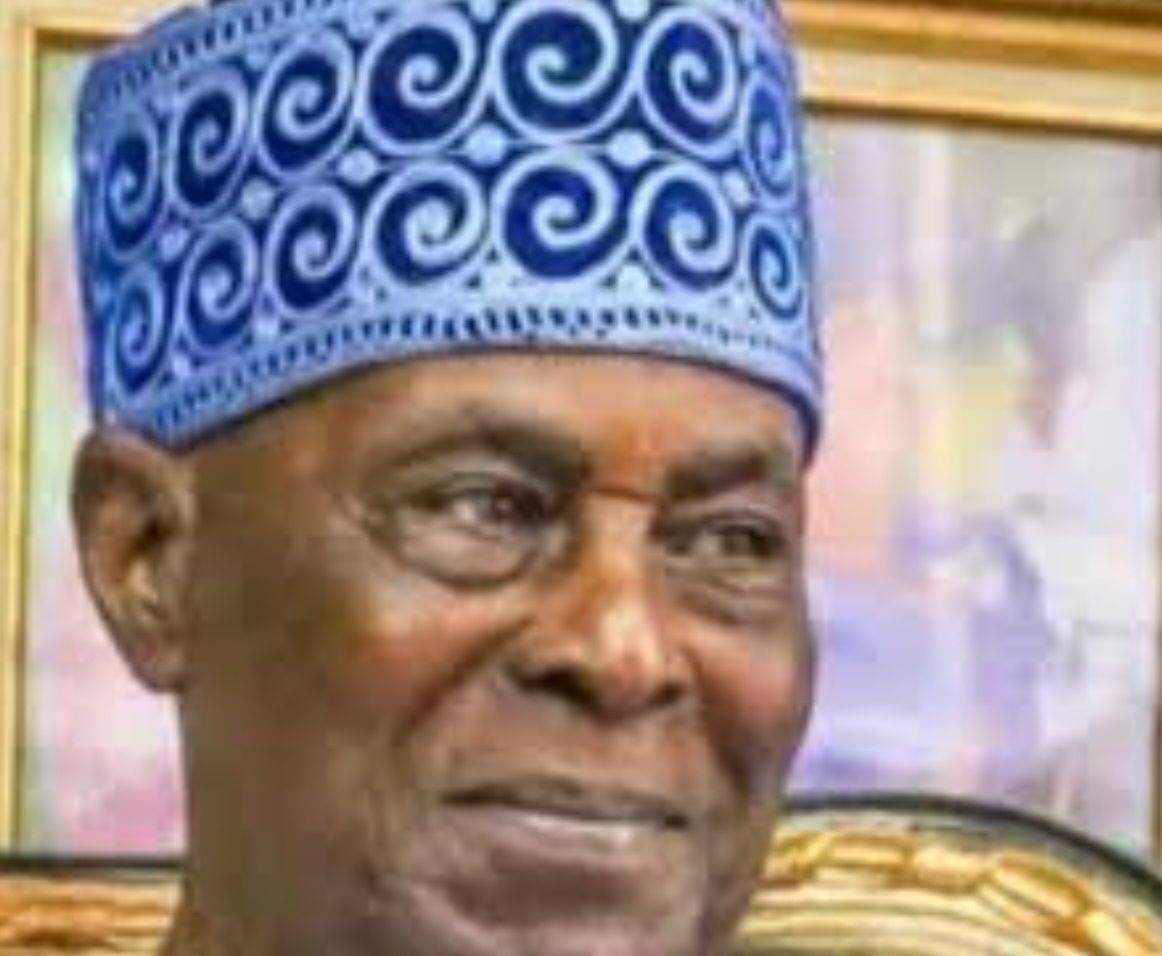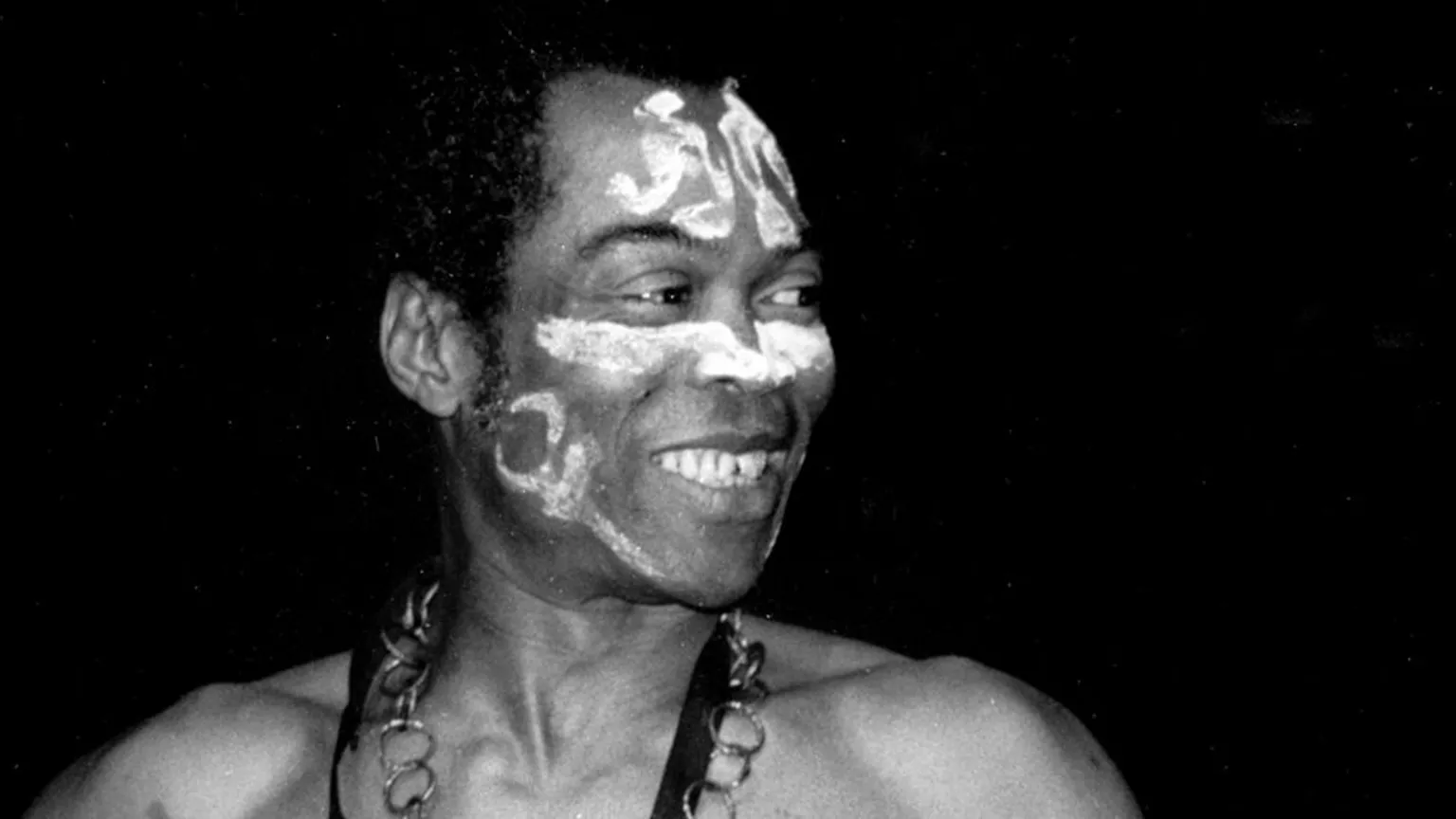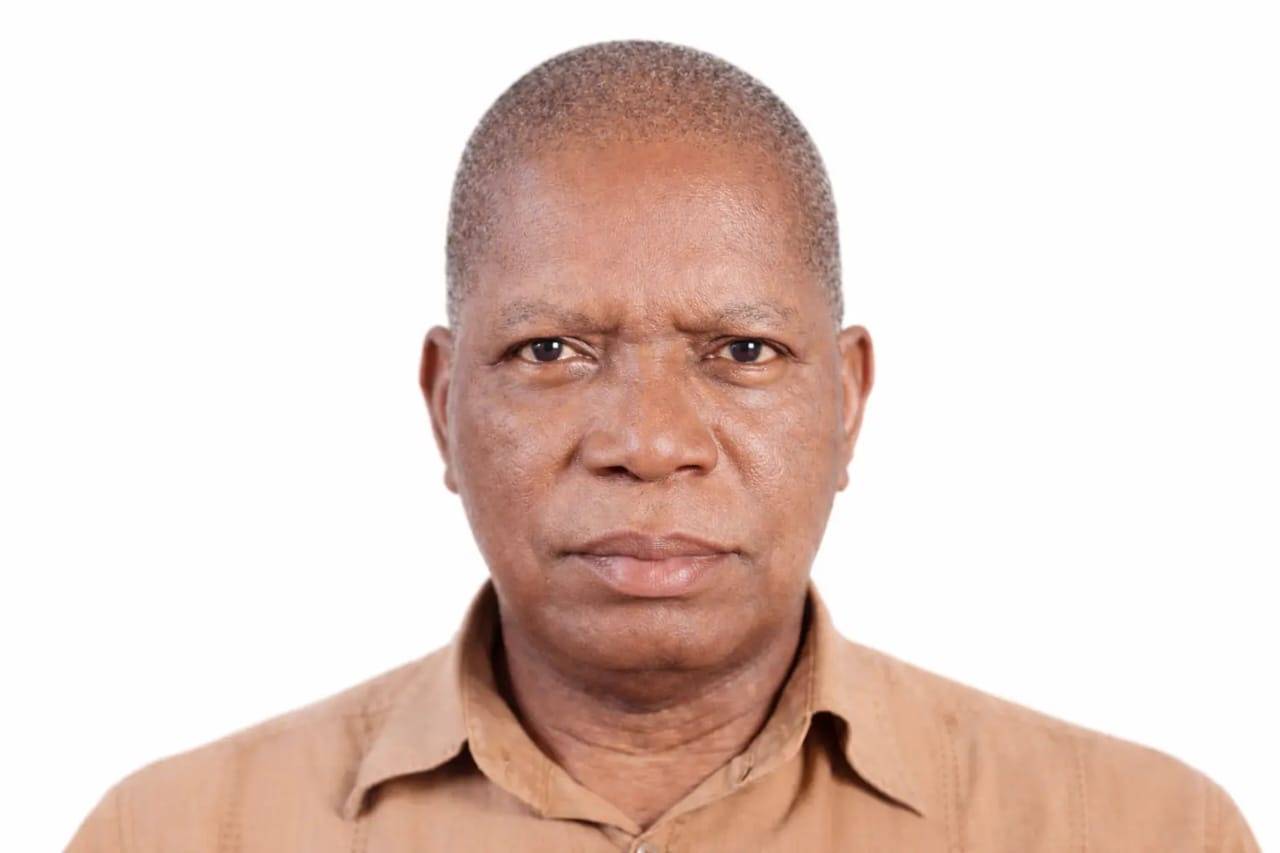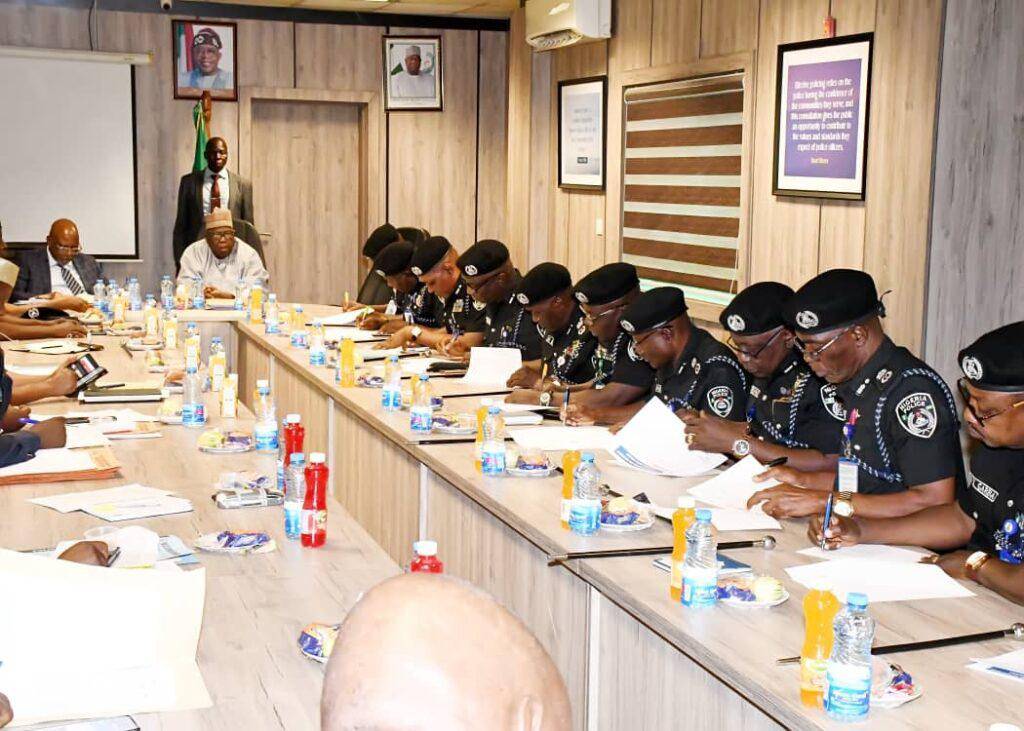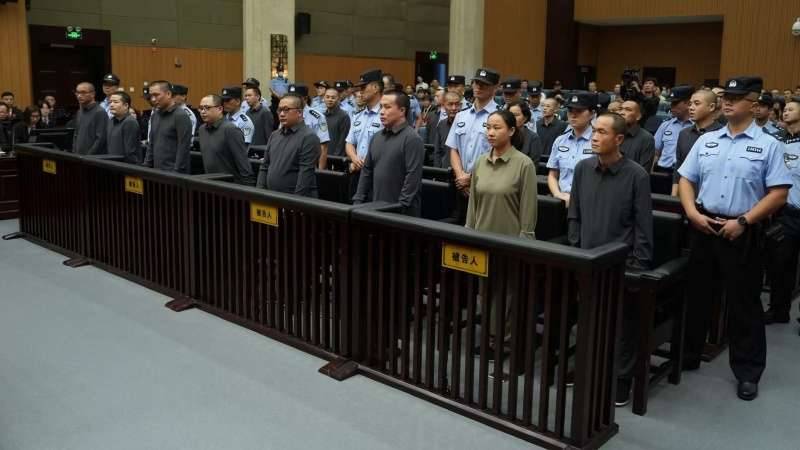By Segun Ayobolu
It is obvious that those political and personal adversaries of President Bola Tinubu, who are most viscerally and implacably opposed to his administration’s economic policies, are motivated largely by partisan discontent as well as malice arising from the bitterness they still nurse at his electoral triumph in 2023 than any genuine concerns for the welfare of the Nigerian people. Impatient to dislodge the President and his party, the All Progressives Congress (APC), from power at the earliest possible opportunity in 2027 if a popular uprising or a military usurpation of power cannot be instigated to achieve the objective before then, leading political figures within and outside the ruling party are already striving to form a coalition which they openly and unabashedly declare is to “remove Tinubu from power in 2027” in an election that is still two years away.
The APC has understandably but perhaps needlessly responded by aggressively wooing opposition politicians into its ranks with considerable success and getting its diverse stakeholders to enthusiastically endorse the President for a second term. From all indications, there is absolutely nothing that the President and his party will do that will mollify the anger and resentment of a politician like Alhaji Abubakar Atiku who sees Tinubu as a stumbling block to the realization of his enduring and desperate ambition to be President of Nigeria or those disaffected elements within the APC who feel marginalized and alienated in the present dispensation. One of such political figures, Mr Rotimi Amaechi, two-term Speaker of the Rivers State House of Assembly, two-term governor of the oil- rich state and two-term Minister of Transportation in the President Muhammadu Buhari administration, declared dramatically during his 60th birthday anniversary that he was ‘hungry’ despite being continuously in prominent political offices over the last two and a half decades.
Doubling down on his pathetic ‘I am hungry’ plaintiff cry in a follow up interview with the BBC, Amaechi lamented what he described as the country’s deteriorating condition while reiterating his readiness to join hands with like minds in forging a new coalition in a rescue mission for the nation. According to him, “People are dying. People are starving. I myself am feeling the effects of hunger” thus painting a dismal portrait of life in the Nigeria of the last two years under Tinubu. He averred that poverty had deepened, worsening insecurity and the number of out-of- school children, then pegged at 10 million, had increased since he was last Chairman of the Nigerian Governors Forum (NGF) in 2015, a situation he apparently blames the Tinubu administration for. But then it was eight years between his exit as governor of Rivers State in 2015 and President Tinubu’s assumption of office in May 2023. In those intervening years, Amaechi was Minister of Transportation and a member of the Federal Executive Council (FEC) in the Buhari administration.
The critical question is: in those eight years when Amaechi was privileged to occupy one of the most prominent ministerial portfolios and serve as a member of the country’s highest decision making body, was poverty ameliorated? Did the number of out-of- school children diminish only to surge astronomically with Tinubu’s emergence as President two years ago? Had the challenge of insecurity been effectively checkmated only to spring to life under Tinubu? Yes, the Tinubu administration summoned the courage to introduce critical policy reforms such as the removal of fuel subsidy and merger of the parallel foreign exchange markets with painful consequences for millions of Nigerians as a result of attendant inflationary spirals particularly of transportation, essential drugs and staple food items. But what did Amaechi himself say of these reforms during his 60th birthday commemoration?
According to a report in the New Telegraph of June 1, 2025, Amaechi had submitted that “If I were the president, yes, I would pursue some of the policies they are pursuing. But ask what the failure is: the failure is that the gains of those policies are in their private pockets. At a point, we were paying between four to five trillion Naira as subsidy, where is the money now? If they had dumped it on the economy, you would not be crying”. Whether this is mischief or sheer ignorance, it is embarrassing and astonishing coming from a man with the tremendous experience Amaechi has had in public life. Can it be that the former governor and minister is unaware that revenue allocations to the three levels of government have nearly tripled since the removal of fuel subsidy and that consequently sub-national levels of government previously unable to pay the former N30,000 minimum wage monthly are now able to pay the new minimum wage of N70,000?
Is he unaware of the fact that most states with their healthier financial position have been able to clear their debt obligations thus leaving them more funds for implementation of infrastructure projects and delivery of social services which are being advertised daily in the media? Is he unaware that the Tinubu administration has cleared the inherited foreign exchange debt obligations owed foreign airlines, repaid the over $4.5 billion dollars owed the IMF as well as the country’s over $100 billion Sukuk bond loan? Is he unaware of the scores of landmark road, rail and other infrastructure projects being delivered at a frenetic pace across the country? Can it be that he is unaware of the establishment of the Nigerian Education Loan Fund (NELFUND) and the hundreds of thousands of tertiary institution students who are benefitting both from payment by the federal government of their tuition fees as well as receipt of monthly upkeep allowances? Is he ignorant of the widely disseminated media reports that as at June 11, 2025, at least 100, 201 Nigerians, including no less than 35,000 civil servants, have accessed affordable consumer credit through the Nigerian Consumer Credit Corporation (CREDICORP) established by the Tinubu administration to democratize credit access and enhance the quality of life by making borrowing accessible in a responsible manner?
In any case, how can a man of Amaechi ‘s calibre and stature state so casually and cavalierly that funds saved from removal of fuel subsidy have been diverted into private pockets without adducing the slightest scintilla of evidence? Can it be that he has been grossly overrated in terms of character and intellect? Is this how corrosive of mental acuity and moral integrity political prejudice and injured ego can be? No less abrasive, reflexively unthinking, self- endangeringly bitter and poisonous have been the pointed attacks against the Tinubu administration by former two-term Kaduna State governor, Mallam Nasir ‘El Rufai, who incidentally, was a top functionary of the PDP during the eight years in office of former President Olusegun Obasanjo. In a characteristically incendiary interview on the BBC Hausa Service, el Rufai described the Tinubu administration as the most corrupt and intolerant in the history of Nigeria. He accused the administration of engaging in baseless propaganda contending that, contrary to the government’s claims, bandits and terrorists have continued to operate in states like Kaduna, Zamfara and Sokoto states.
Coming from the diminutive but spontaneously combustible former Minister and governor, these accusatory assertions sound utterly comical. For, as Kaduna State governor, Nasir ‘El Rufai ran one of the most intolerant and repressive administrations at any level in this dispensation since 1999. Members of the Nigerian Union Teachers (NUT) and the Nigerian Labour Congress (NLC) who attempted to exercise their constitutional rights to demonstrate against the policies of his government were hounded by security agents and their leaders subjected to the worst forms of persecution and intimidation. Under his watch in Kaduna State, scores of members of Ibrahim Zakzaky’s Islamic Movement, were allegedly mowed down in cold blood extra-judicially and their bodies buried in shallow graves. El Rufai complains that insecurity remains a challenge under the Tinubu administration and this is partly true even though there have also been considerable improvements in a number of areas as regards security in the last two years.
But then, is this not the same El Rufai who, as governor of Kaduna State, admitted to having donated humongous amounts of public funds to terroristic members of his ethnic group, some from outside the country, to procure a peace that never materialized? How are we sure some of such funds were not utilized by these bandits leaders to stock up arms and build up their criminal gangs that have remained a menace to the country till this day? During his eight years as governor of Kaduna State, the people of Southern Kaduna, mostly Christians, were continuously hounded, harassed, humiliated, dehumanized, marginalized and rendered vulnerable to unimaginable violence by an El Rufai administration that did not disguise its disdain for them. How can someone under whose watch as Director-General of the Bureau of Public Enterprises (BPE), some of the country’s most prized public assets were allegedly auctioned to cronies of politicians at criminal prices have the temerity to describe any administration as corrupt?
Under the incumbent Kaduna State governor, Senator Uba Sani, it is incontrovertible that the state has been restored to a level of harmonious co-existence thought impossible under El Rufai’s draconic rule. Uba Sani has demonstrated a degree of maturity, emotional intelligence, generosity of spirit, disarming humility and wisdom that bring people of diverse cultures, ethnicities, faiths and partisan dispositions together rather than driving them apart through mean spirited and arrogantly cantankerous leadership best exemplified by El Rufai. Is it any wonder then that Nasir ‘El Rufai left the APC for his initial misadventure into the Social Democratic Party (SDP) as a pathetic solitary figure with no notable politician in a state he governed for eight years accompanying him on a journey of indeterminate destination?
Waziri Atiku Abubakar ‘s media aides try regularly to punch holes in the economic policies of the Tinubu administration suggesting alternatives that are difficult to distinguish in substance from those already being implemented beyond superficialities. Their efforts to project their principal as a superior economic manager are as impactful as throwing tiny pebbles into a vast ocean as his record as Vice President during which he had a free hand to run the economy in Obasanjo ‘s first term is there for all to see. In any case, his testimonial is eternally etched in granite in the memoirs of his brutally unforgiving boss, OBJ, who records for posterity his former Deputy’s alleged grasping greed, desperately inordinate ambition, superstitious proclivity for consulting marabouts, undependability and much more.
Mr Peter Obi continues his ineffectual sermonizing both within and outside the country on how he would have prepared a delicious dish of fuel subsidy removal omelette without breaking eggs although he is yet to share the secrets of such magical abracadabra from his mystical policy cookbook. Similarly, he continues to offer delightful, theoretical master classes on the imperative of transiting the economy from consumption to production while remaining firmly a trader and refusing to invest his humongous wealth in production in practical demonstrations of his exquisite theorizing. Arriving London from Nigeria this week on an Air Peace flight, Obi sought to capitalize on the recent dispute Senator Adams Oshiomhole and the Airline to characteristically score cheap points.
On his X handle, he commended the professionalism, consistency and efficiency of the management of Air Peace on the route while appealing to “Nigerian elites and political leaders to give strong and deliberate support to indigenous businesses” because”It is never easy to run any business in our difficult environment, let alone highly capital -intensive sectors like air and land transportation, especially given the challenges of competitiveness and rising operational costs”. But addressing a press conference in the Lagos office of Air Peace on Wednesday, the Chairman of the airline, Dr Allen Onyema, commended the Tinubu administration for its policies which he said has unlocked opportunities for aircraft dry leasing, “a feat that was not possible about a decade ago due to blacklisting of the country by global lessors”.
As this newspaper reported the story, “The Air Peace airline boss also commended the President Tinubu administration for assisting aviation authorities in providing equipment for birds wildlife control at airports across the country affirming that there were other interventions initiated by the government to make the operating environment for indigenous carriers more conducive “.


